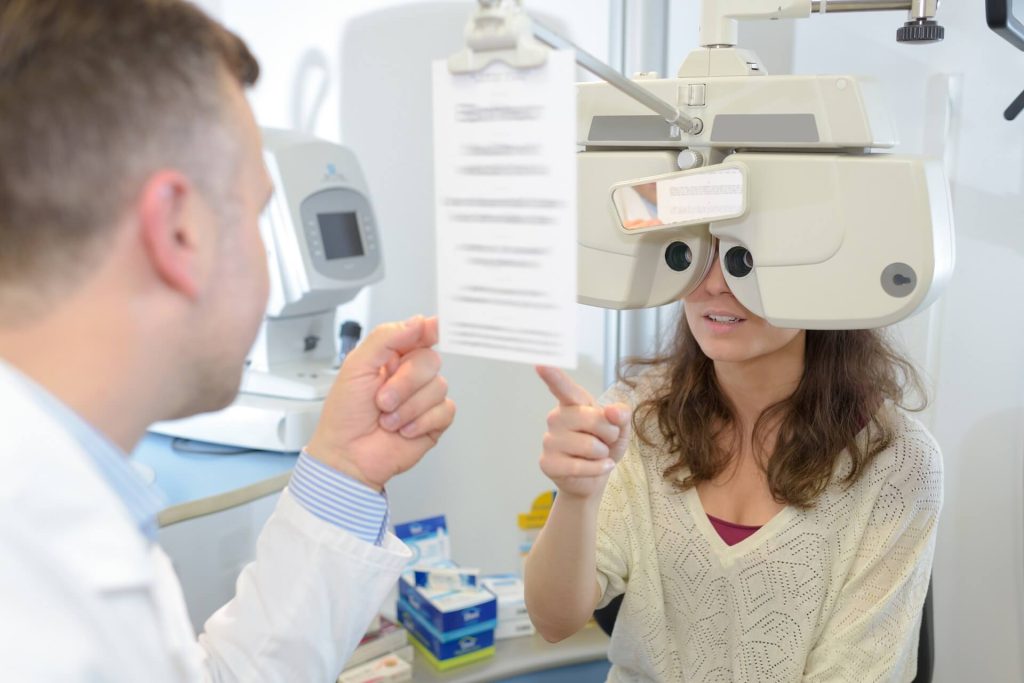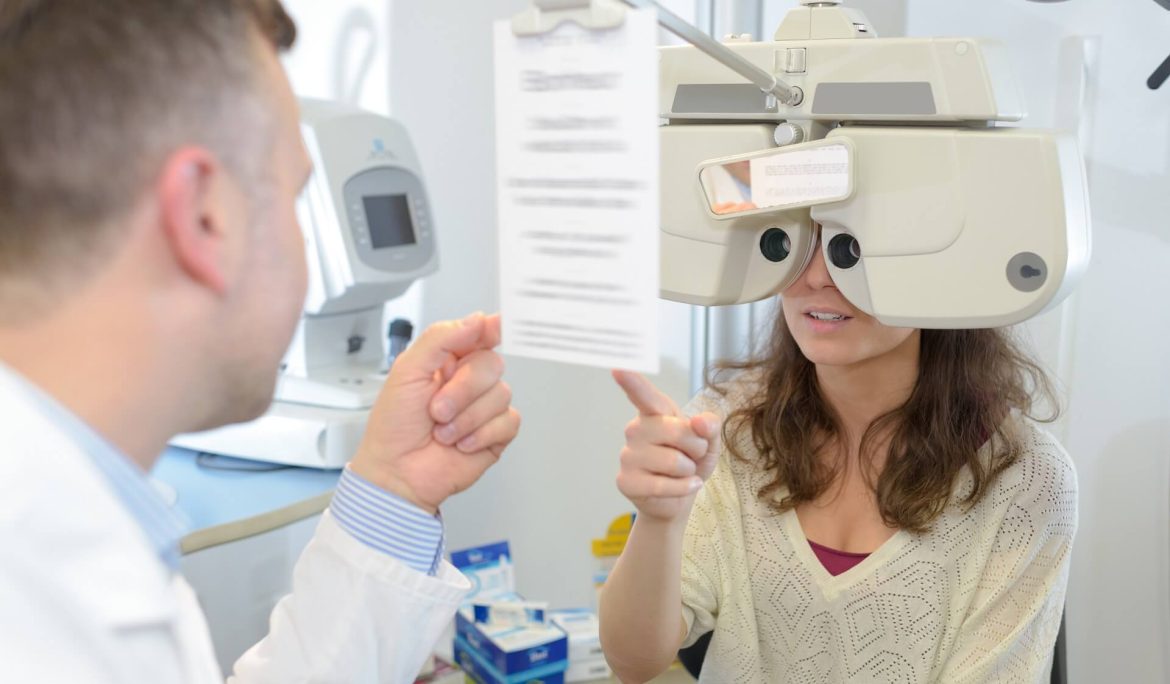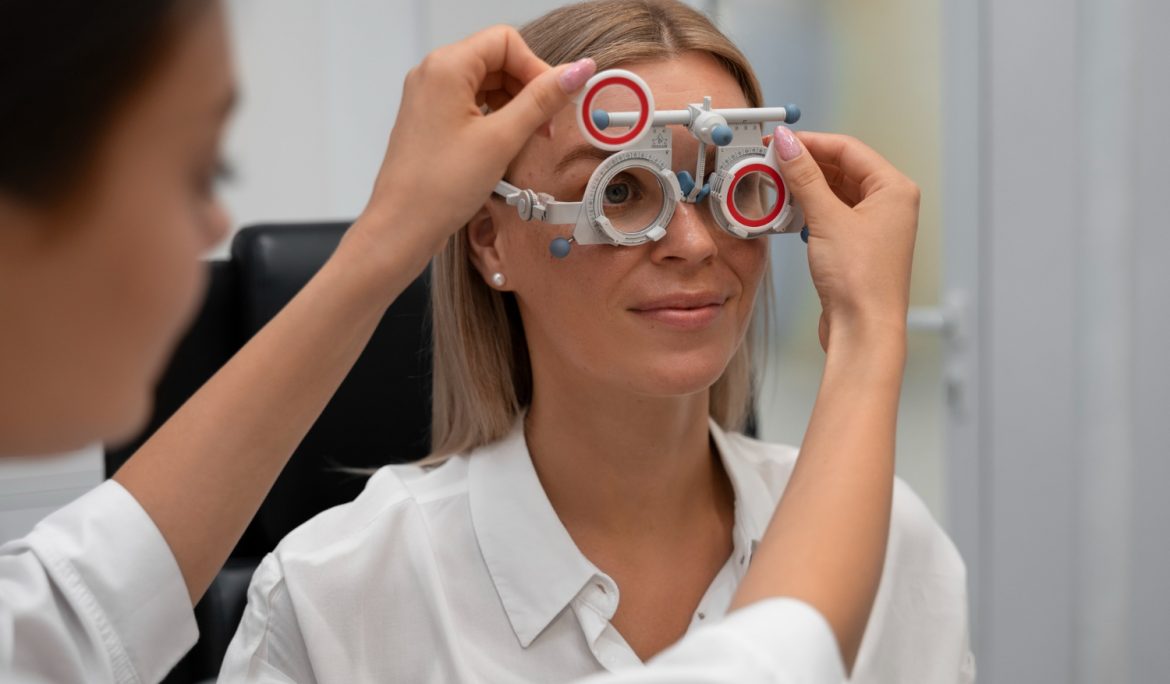Maintaining good eye health is essential for clear vision and overall well-being. Regular eye exams are a crucial part of this equation, but how often should you schedule them? Let’s find out! In this article, we will guide you through the recommended frequency of eye exam royal oak based on age, general eye health, and specific risk factors. Understanding the importance of regular eye exams and knowing when to schedule them will help you take proactive steps in preserving your vision.

Infancy and Childhood
Eye exams play a vital role in monitoring the visual development of infants and children. The American Optometric Association recommends that children have their first comprehensive eye exam at around 6 months of age. Subsequent exams should be scheduled at the age of 3, before starting school, and every one to two years thereafter, depending on the child’s eye health. If you see any deterioration, get the eyes of your little ones checked as soon as possible.
Young Adults and Adults
For individuals aged 20 to 39 with no known eye conditions, a comprehensive eye exam is generally recommended every two to three years. However, if you wear glasses or contact lenses, have a family history of eye diseases, or experience any changes in your vision, it’s advisable to have an annual eye exam to monitor your eye health.
Adults and Older Adults
From the age of 40 onward, the risk of developing age-related eye conditions increases. As a result, the frequency of eye exams should be more frequent. It is recommended to have a comprehensive eye exam every two years. But, it is worth noting that for individuals with existing eye conditions, such as glaucoma or cataracts, or those with certain medical conditions like diabetes, yearly or quarterly eye exams are crucial. It all depends on the severity of the condition.
Older Adults and Seniors
As we age, the risk of developing eye conditions such as macular degeneration and glaucoma becomes higher. For adults aged 65 and older, annual comprehensive eye exams are highly recommended, even if no symptoms or issues are present. Regular eye exams allow for early detection, diagnosis, and timely treatment of age-related eye conditions.
Personalized Recommendations
It’s important to note that these guidelines provide a general framework, but individual circumstances can vary. Certain factors may necessitate more frequent eye exams, such as a family history of eye diseases, diabetes, high blood pressure, or a history of eye injuries or surgeries. Consulting with an optometrist or ophthalmologist can help determine the ideal frequency of eye exams based on your specific situation.
Final Thoughts – Eye Exam
Regular eye exams are crucial for maintaining good eye health and preventing vision problems. The recommended frequency of eye exams depends on various factors, including age, general eye health, and specific risk factors. From infancy to adulthood and into the senior years, scheduling regular comprehensive eye exams ensures early detection, timely treatment, and optimal vision care. By prioritizing routine eye exams, you take a proactive step toward preserving your vision and overall well-being.
















